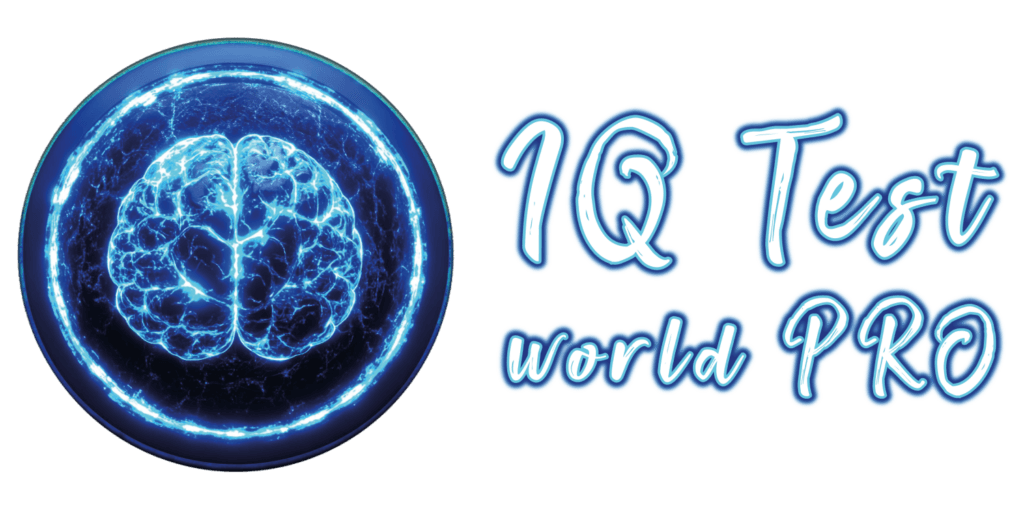What Do These Tests Really Measure?
The Quest to Measure Intelligence
Intelligence has long been a fascinating, if elusive, quality to measure. IQ tests are one of the most widely recognized methods for evaluating cognitive ability. But what do these tests truly measure, and how accurate are they in defining a person’s intelligence? This article will explore the basics of IQ testing, the factors these tests capture, and the limits of what they reveal.
What IQ Tests Measure
IQ, or Intelligence Quotient, tests are designed to assess a range of cognitive abilities. While they provide insight into certain mental faculties, they do not paint a complete picture of intelligence. Here are the main components that IQ tests commonly measure:
- Logical and Analytical Reasoning: This measures an individual’s capacity for problem-solving, pattern recognition, and logical decision-making. High scores in these areas indicate strong analytical skills.
- Verbal Ability: This includes vocabulary, reading comprehension, and verbal reasoning. The test evaluates language skills and comprehension abilities, which are crucial for communication and learning.
- Working Memory: This component evaluates a person’s ability to hold and manipulate information in their mind over short periods. It’s critical for complex problem-solving, following instructions, and multitasking.
- Mathematical and Spatial Reasoning: Numerical problem-solving and spatial visualization abilities are tested through mathematical questions and spatial puzzles, often used to predict potential success in STEM fields.
- Processing Speed: This measures how quickly a person can perceive and respond to information, which can impact learning, reaction times, and efficiency in task completion.
 What IQ Tests Don’t Measure
What IQ Tests Don’t Measure
While IQ tests measure certain aspects of cognitive functioning, they omit other dimensions of intelligence that are equally important for overall success and adaptability.
- Emotional Intelligence (EQ): Unlike IQ, EQ is a measure of a person’s ability to recognize, understand, and manage emotions in themselves and others. High EQ is often linked with better social interactions and professional success.
- Creativity: IQ tests tend to emphasize convergent thinking, the ability to arrive at a single correct answer. Creativity, however, requires divergent thinking—exploring multiple potential solutions, often outside the box.
- Practical Skills: Everyday skills like time management, adaptability, and social skills are not captured by IQ tests but are crucial in navigating real-world challenges.
- Cultural Knowledge and Life Experience: IQ tests are limited in capturing the depth of knowledge that comes from life experience, cultural background, and education, which shape a person’s worldview and decision-making.

Popular IQ Tests and What They Measure
Numerous IQ tests are used today, each with unique characteristics and methods of evaluation. Here’s a look at three of the most popular ones:
- Wechsler Adult Intelligence Scale (WAIS)
The WAIS is a comprehensive test widely used by psychologists to assess adult intelligence. It evaluates areas like verbal comprehension, working memory, and perceptual reasoning, making it ideal for gaining a detailed view of cognitive strengths and weaknesses. - Stanford-Binet Intelligence Scale
Originally developed in the early 1900s, the Stanford-Binet test measures five factors of intelligence: fluid reasoning, knowledge, quantitative reasoning, visual-spatial processing, and working memory. It’s frequently used with children and adolescents to determine cognitive development levels. - Raven’s Progressive Matrices
Unlike WAIS and Stanford-Binet, Raven’s Progressive Matrices focus exclusively on abstract reasoning and pattern recognition without relying on language. It’s often used to reduce cultural biases, making it suitable for diverse populations.

How Accurate Are IQ Tests?
IQ tests are considered reliable but have their limitations. Scores can vary based on a person’s familiarity with test types, environmental conditions, or temporary factors like fatigue and stress. They are also less accurate in measuring certain groups, like very young children or people from non-Western cultural backgrounds, due to cultural biases in test design.
- Test Reliability: Most well-known IQ tests, like WAIS, have high reliability, meaning that individuals taking the same test under the same conditions are likely to achieve similar scores over time.
- Cultural Biases: Many IQ tests have been criticized for favoring Western norms and education systems, which can impact individuals from diverse backgrounds.
- Influence of Non-Cognitive Factors: Motivation, anxiety, and test-taking skills can all influence IQ scores. For example, a highly anxious individual may underperform, not necessarily reflecting their true cognitive ability.

The Future of IQ Testing
As our understanding of intelligence evolves, so do the methods we use to measure it. Newer approaches consider broader aspects of intelligence, such as adaptive reasoning and social understanding. Researchers are also developing more culturally inclusive tests that consider diverse learning experiences.
Conclusion
IQ tests are valuable tools for assessing specific cognitive abilities, but they offer a limited view of a person’s full intellectual capacity. Intelligence is a complex, multifaceted trait that goes beyond a single score, encompassing creativity, emotional understanding, and practical skills that IQ tests do not measure. As we continue to study the mind, it’s essential to remember that intelligence is not defined by any one number or ability but is instead a diverse combination of traits, skills, and experiences.
Curious about your own IQ after learning how tests work? Try our expertly crafted IQ test to gain a deeper understanding of your cognitive abilities. Start now!



 What IQ Tests Don’t Measure
What IQ Tests Don’t Measure